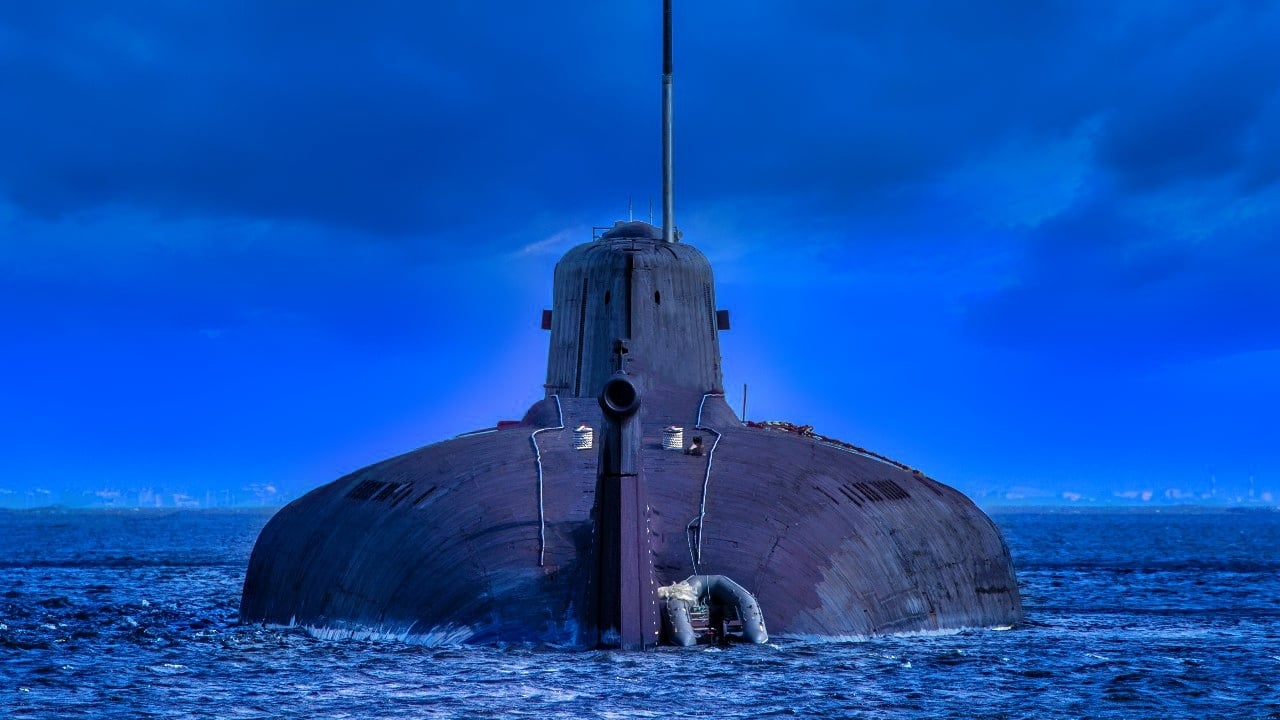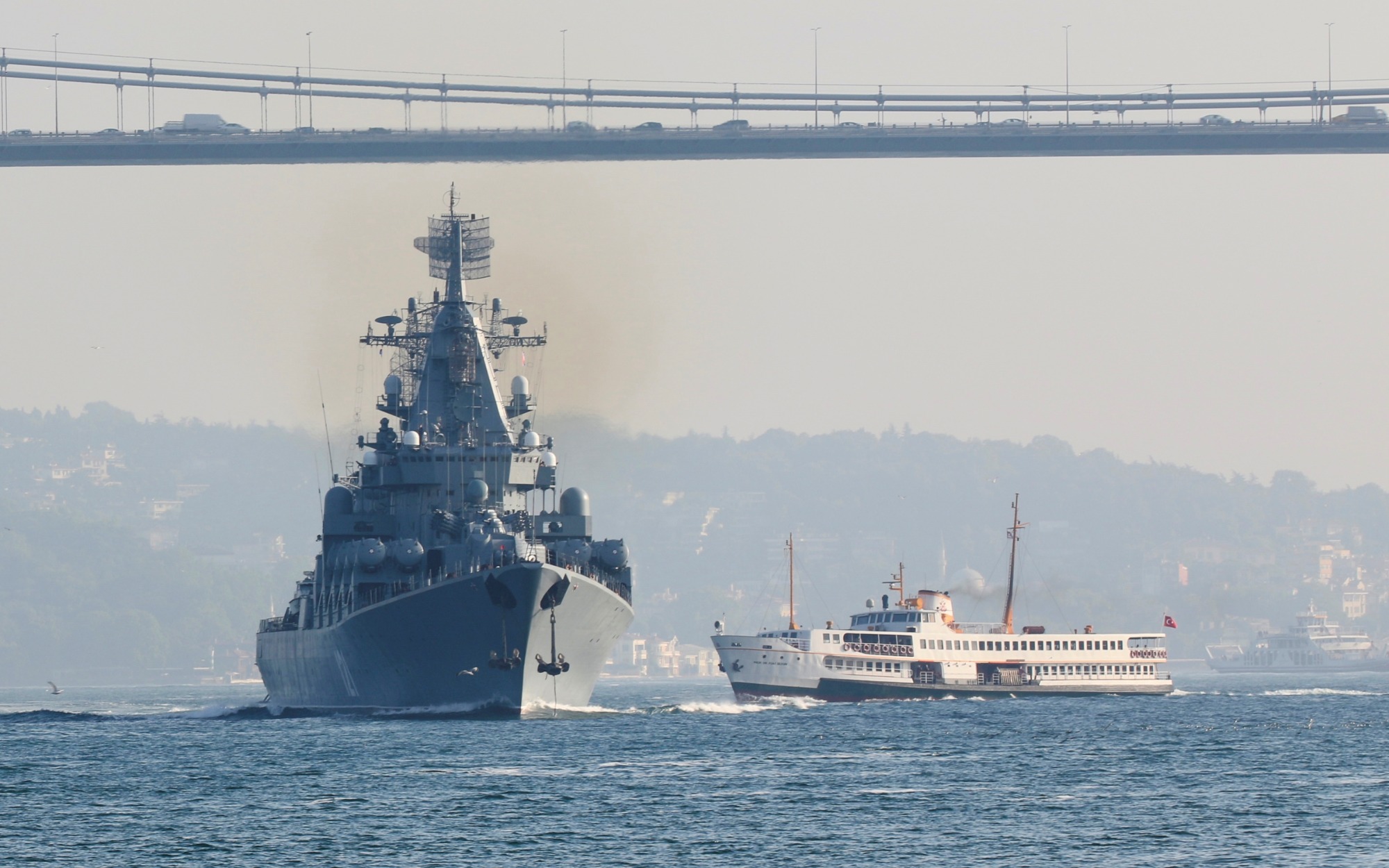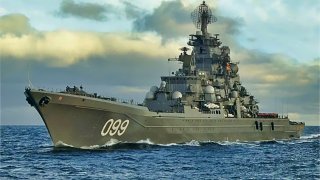The Russian Navy Is 'Slowly Sinking' in the Black Sea
The Black Sea theater in Ukraine's 1,000-day conflict has become a striking example of asymmetric warfare. Despite limited naval resources, Ukraine has neutralized over 25% of Russia's Black Sea Fleet, including major vessels like the Moskva cruiser and Rostov-on-Don submarine.
What You Need to Know: The Black Sea theater in Ukraine's 1,000-day conflict has become a striking example of asymmetric warfare. Despite limited naval resources, Ukraine has neutralized over 25% of Russia's Black Sea Fleet, including major vessels like the Moskva cruiser and Rostov-on-Don submarine.

-These attacks have forced Russia to retreat its fleet from Sevastopol to Novorossiysk and adapt its operations. Ukraine continues to deploy innovative tactics, including long-range UAV strikes on Russian ships in port, undermining Russia’s naval capabilities.
-Though Russia maintains the ability to conduct missile strikes from the Eastern Black Sea, Ukraine has dealt a severe blow to its maritime dominance.
Russian Navy in Retreat as Ukraine Dominates the Black Sea
Most of the fighting in Ukraine has been taking place on land. But that doesn’t mean that the two combatants have been wrestling for supremacy in other domains.
Indeed, the fight for the Black Sea has been one of the most interesting aspects of the 1,000-day conflict in Ukraine. It is truly a David against Goliath situation, in which David (Ukraine) has had remarkable success in sinking, damaging, and containing Russian warships.
The Kremlin has had to accept Ukrainian superiority and draw its forces away from fighting and into a secondary role.
The Woes of the Russian Navy’s Black Sea Fleet
“Before Russia invaded Ukraine in 2022, Russia’s leadership almost certainly perceived the Russian Federation Navy and the Black Sea Fleet as integral components of their strategic maritime power,” the British Military Intelligence assessed in its latest estimate of the conflict.
But after 1,000 days of fighting, the Russian Navy’s capabilities in the Black Sea have been seriously depleted, forcing Russian naval commanders into a much-limited role. Ukrainian operations
Interestingly, not many expected this outcome before the large-scale invasion began. It isn’t that the Ukrainian Navy posed, or poses today, a significant threat. On the contrary, in the days leading to February 24, 2022, the Ukrainian Navy numbered just a few major surface combatants (of limited capabilities) and coastal patrol vessels. On the other hand, the Russian Navy’s Black Sea Fleet fielded guided-missile cruisers, frigates, and submarines.

“Throughout the conflict, the Ukrainian Navy has been unable to operate conventionally in the Black Sea. However, since February 24, 2022, Ukrainian forces have destroyed or damaged over 25% of major Russian warships operating in the Black Sea,” the British Military Intelligence stated.
These losses include the Moskva guided-missile cruiser and flagship of the Black Sea Fleet, the Rostov-on-Don submarine, the Ivanovets corvettes, and several other warships and logistical vessels.
The Ukrainians sunk the Moskva in the opening weeks of the conflict, delivering a serious blow to the Russian military and uplifting the spirits of the Ukrainian people.
“As a result, Russia’s Black Sea Fleet has been forced to move all of its major assets from its historic base in [occupied] Sevastopol to Novorossiysk in the Eastern Black Sea,” the British Military stated.
However, the Ukrainian military and intelligence services have been finding ways to continue pounding the Black Sea Fleet event at larger distances. Only last week, Ukrainian unmanned aerial vehicles flew hundreds of miles behind enemy lines to attack Russian warships in port.
“Russian units operating in the region have also been forced to adapt their tactics and change the areas in which they operate. Despite Russia’s Black Sea Fleet currently being limited to the Eastern Black Sea, it retains the ability to conduct long-range strikes into Ukraine in support of land operations,” the British Military Intelligence concluded.
In addition to sinking or damaging ships, the Ukrainians have been going after Russian naval officers responsible for attacking Ukrainian cities and killing civilians with missiles. '
About the Author:
Stavros Atlamazoglou is a seasoned defense journalist specializing in special operations and a Hellenic Army veteran (national service with the 575th Marine Battalion and Army HQ). He holds a BA from Johns Hopkins University and an MA from the Johns Hopkins School of Advanced International Studies (SAIS). His work has been featured in Business Insider, Sandboxx, and SOFREP.
Image Credit: Creative Commons and/or Shutterstock.


